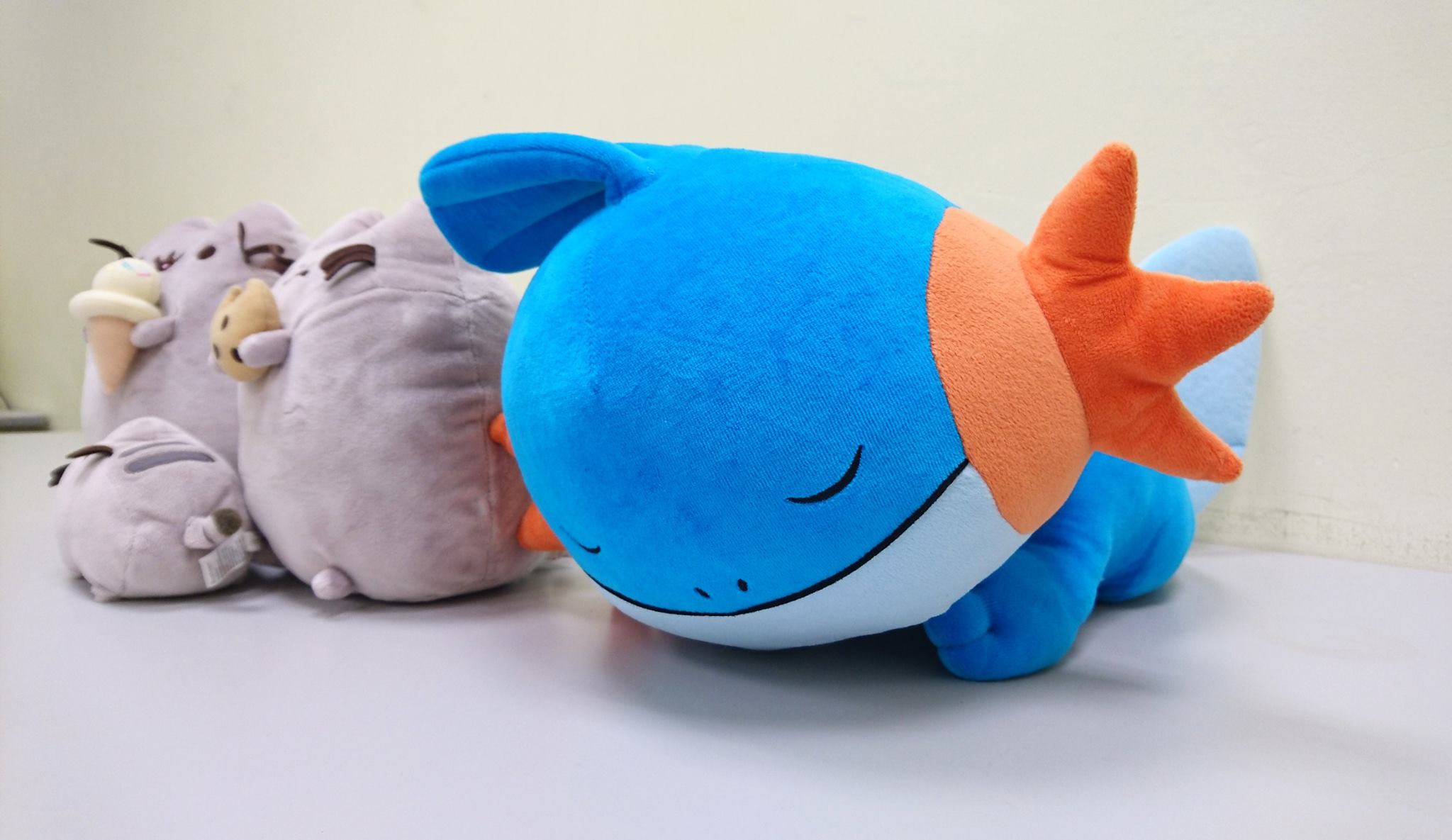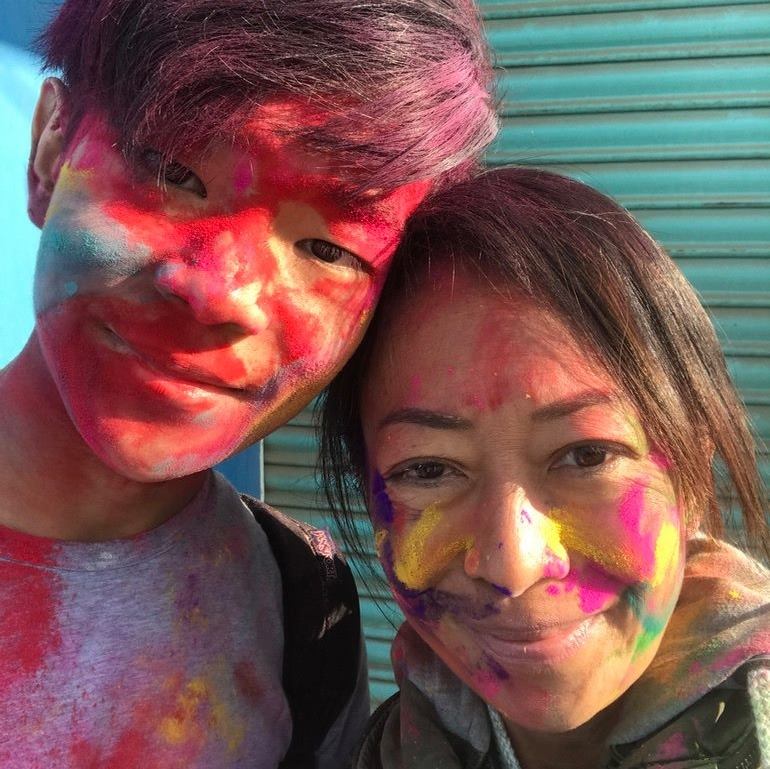Difference between revisions of "Mental Health"
| Line 29: | Line 29: | ||
== Important Statistics == | == Important Statistics == | ||
| − | ---- | + | ----[[File:Capture.jpg|left|thumb]] |
| − | |||
According to findings from the [https://www.imh.com.sg/uploadedFiles/Newsroom/News_Releases/SMHS%202016_Media%20Release_FINAL_web%20upload.pdf Singapore Mental Health Study (2016)]: | According to findings from the [https://www.imh.com.sg/uploadedFiles/Newsroom/News_Releases/SMHS%202016_Media%20Release_FINAL_web%20upload.pdf Singapore Mental Health Study (2016)]: | ||
| Line 40: | Line 39: | ||
* Those aged 18 – 34 years, divorced or separated were more likely to have mood disorders | * Those aged 18 – 34 years, divorced or separated were more likely to have mood disorders | ||
* Alcohol Abuse and Obsessive-Compulsive Disorder are highly common in Singapore. | * Alcohol Abuse and Obsessive-Compulsive Disorder are highly common in Singapore. | ||
| − | |||
==Issues Faced by People with Mental Health Issues== | ==Issues Faced by People with Mental Health Issues== | ||
---- | ---- | ||
Revision as of 08:23, 12 July 2019
“I don't feel that it is necessary to know exactly what I am. The main interest in life and work is to become someone else that you were not in the beginning."
― Michel Foucault, French philosopher and social theorist
Contents
Definitions
Mental Health
According to the WHO (2018), mental health is a state of well-being in which every individual can:
- Realise his/her abilities
- Cope with the normal stresses of life
- Work productively
- Have the ability to contribute to the community
Mental Disorders
According to the Diagnostic and Statistical Manual of Mental Disorders (DSM-5), a mental disorder is characterised by clinically significant disturbances in a person’s behaviour, thinking or feeling that suggest dysfunction in psychological, biological or developmental processes underlying mental functioning.
Mental disorders are usually associated with significant distress or disability in social, occupational or other important activities.
As a rule of thumb, it satisfies three criteria:
- Deviance : Serious deviation from the social norms of the culture
- Distress : Causes significant personal distress in social, occupational or other recreational activities
- Dysfunction : Behaviour which interferes with the ability of a person to function effectively
Background and History of Mental Health in Singapore
Important Statistics
According to findings from the Singapore Mental Health Study (2016):
- Comparing with the 2010 study, there was an increase in lifetime prevalence of mental illness from 12% in 2010 to 13.9% in 2016.
- 1 in 7 people in Singapore has experienced these disorders in their lifetime ( __% of the adult population 18y/o and above):
- Mood disorders: Major depressive disorder (6.3%), bipolar disorder (1.6%)
- Anxiety disorders: Obsessive-compulsive disorder and generalised anxiety disorder (OCD+GAD = 4.8%)
- Alcohol use disorders: Alcohol abuse/dependence
- Those aged 18 – 34 years, divorced or separated were more likely to have mood disorders
- Alcohol Abuse and Obsessive-Compulsive Disorder are highly common in Singapore.
Issues Faced by People with Mental Health Issues
Issue 1:
Existing Resources
Gaps and Their Causes
Possible Solutions
Resource Directory
Hotlines
| Hotline / Helpline | Who is it for? | Day | Times | Telephone |
| Samaritans of Singapore (SOS) | Anybody in crisis and the suicidal. | Daily | 24 hours | 1800 – 2214444 |
| Mental Health Helpline | Those suffering from psychological and psychiatric problems | Daily | 24 hours | 6389-2222 |
| SAMH Helpline | For people who have psychological, psychiatric or social problem and others who need information on services for such persons | Mon – Fri | 9am – 5pm | 1800 – 2837019 |
| Hotline 800 | Mandarin speaking community with family marital and personal problem | Mon – Sun | 10am – 9pm | 1800 - 3535800 |
| AMP Hotline | Malay / Muslim families in crisis or those who need help | Mon – Fri | 10am – 5pm | 6416-3960 |
| Club HEAL | For Malay / Muslim individuals or families who require assistance with or support for mental health concerns | Mon – Fri | 9am – 5pm | 6899-3463 |
| Singapore Indian Development Association (SINDA) | Indian families in need of assistance or counselling | Mon – Fri
Sat |
9am – 5pm
9am – 1pm |
1800-295-4554 |
| Aware Helpline | Women with a variety of concerns | Mon – Fri | 3pm – 9.30pm | 1800-774-5935 |
| Counselling & Care Centre | For individuals, couple and families experiencing psychological, marital or family problems | Mon – Fri | 8.30am – 5pm | 6536-63 |
Voluntary Welfare Organisations
Free Counselling & Assessments
Care Corner Counselling Centre,1800-3535-800 (Mon-Sun, 10am-10pm): http://www.carecorner.org.sg/cccc.html
CHAT (youth aged 16 to 30) : https://www.chat.mentalhealth.sg/
Silver Ribbon (Singapore), 6386 1928: http://www.silverribbonsingapore.com
Singapore Association for Mental Health (SAMH), 1800 283 7019: http://www.samhealth.org.sg/mental-health-information/
AMKFSC - Psychological Services Unit (PSU)
AWARE
Provides counselling for women over a range of issues, here.
Singapore Association for Mental Health
So
Stories
Tapestry Project
- An independent, not-for-profit website that champions mental health recovery through the power of story. Link here.
Our Grandfather Story
Financial Support
The Zen Dylan Koh Fund - A fund that supports youths with mental health issues in need of therapy.


